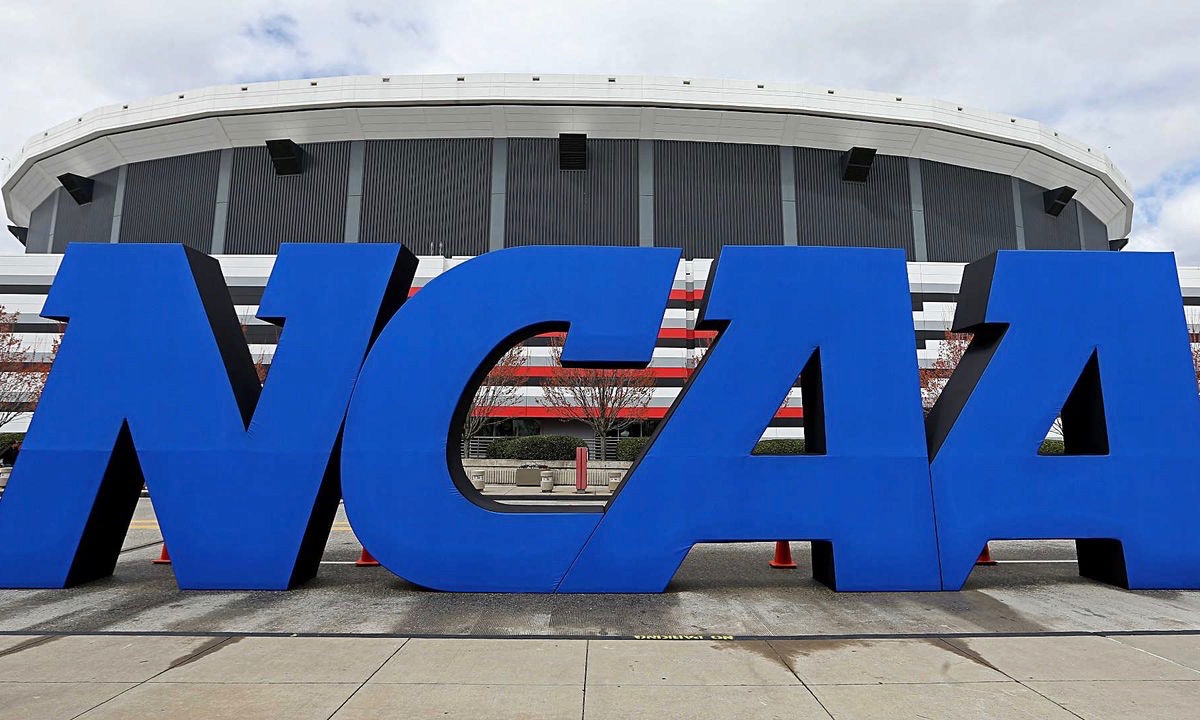The NCAA has absolutely failed in its reaction to the coronavirus pandemic. And its failures are costing millions of dollars and once-in-a-lifetime experiences for the student-athletes it claims to care about.
I don’t know why I am shocked by this. But I am infuriated for the student-athletes who have had their seasons — sometimes even their careers — taken away from them. The NCAA and its apologists would likely remind me that we’re in the middle of a pandemic. They’d say there’s little anyone could do and go onto criticize every sentence of this piece.
That’s not completely true, though. The Big Ten and Pac-12 postponing their seasons was not inevitable. We didn’t have to arrive where we are today, and I am confidently saying this as I leave politics and outside forces out of the discussion.
What is happening
This is happening because the NCAA is refusing to take the reigns when millions are begging it to. It is very reminiscent of what happened in March, when we had different conferences making different decisions regarding their basketball tournaments. The NCAA didn’t step up until it had to. We’re seeing the same thing happen now. The NCAA has published guidelines, but within the document, it emphasizes that conferences are on their own.
First, the headline reinforces that the purpose of these guidelines is to help “each division to safeguard student-athlete well-being, scholarships and eligibility.” Shortly after, its excerpts read, “divisions must determine the status of fall championships no later than Aug. 21.”
In other words, the NCAA is saying, “we’re gonna punt on this one.” Again, not surprising coming from the entity that clings to the term “student-athlete” to get away with not paying the athletes who are responsible for the millions of dollars it generates.
Here’s what I am frustrated over: the NCAA is conducting business as usual, hoping conference commissioners will cover for them. It seems like it has found a strategy to do so: sit back, relax and watch the news unfold. The NCAA knows the governing bodies for individual conferences will step up and cover for its inaction to protect themselves and their student-athletes.
As a result, each conference has implemented its own plan, and the Power Five conference commissioners have become the leaders of the NCAA. They’ve had no choice. But now we have five different voices, information from five different groups of doctors and leadership coming from five different places. The alternative: one voice, a unified strategy and a greater chance of a college football season actually taking place.
What should be happening
Because the conference commissioners are unsure about what to do, they are beginning to say playing football is impossible. While I am taking the pandemic seriously, I think that’s way too simple of an answer.
I understand that the NCAA likes to give individual conferences the freedom to do what they want. But we’re in a global pandemic. College sports — specifically college football — need a single voice to follow right now. Schools are worried about how to get and keep students on campus. Why are we asking school presidents and athletic directors — who make up the boards of directors for conferences — to make decisions that should be up to the NCAA?
I don’t think it’s too late for the NCAA to savor a season. In fact, I think the NCAA stepping in is the only way we see any college football this year.
If the NCAA wants to sweep in and save the day, it should create schedules based on region. Similar to what the MLB has implemented. A bubble isn’t realistic. Playing only or mostly conference games is an insufficient solution because teams would still be traveling throughout the country. Take the ACC for example. If the conference plays the season, it will have teams traveling as north as Upstate New York, as south as Miami, as east as Boston and as west as Indiana. So how is a conference-based schedule going to mitigate the spread of COVID-19? Someone explain that to me.
The fact is: it won’t. The ACC — and every other conference — needed to base its schedule on conference games so it had more control over the season. It wasn’t really ever aiming to mitigate the spread of the coronavirus. The decision to modify schedules circled back to the NCAA’s unwillingness to take control.




